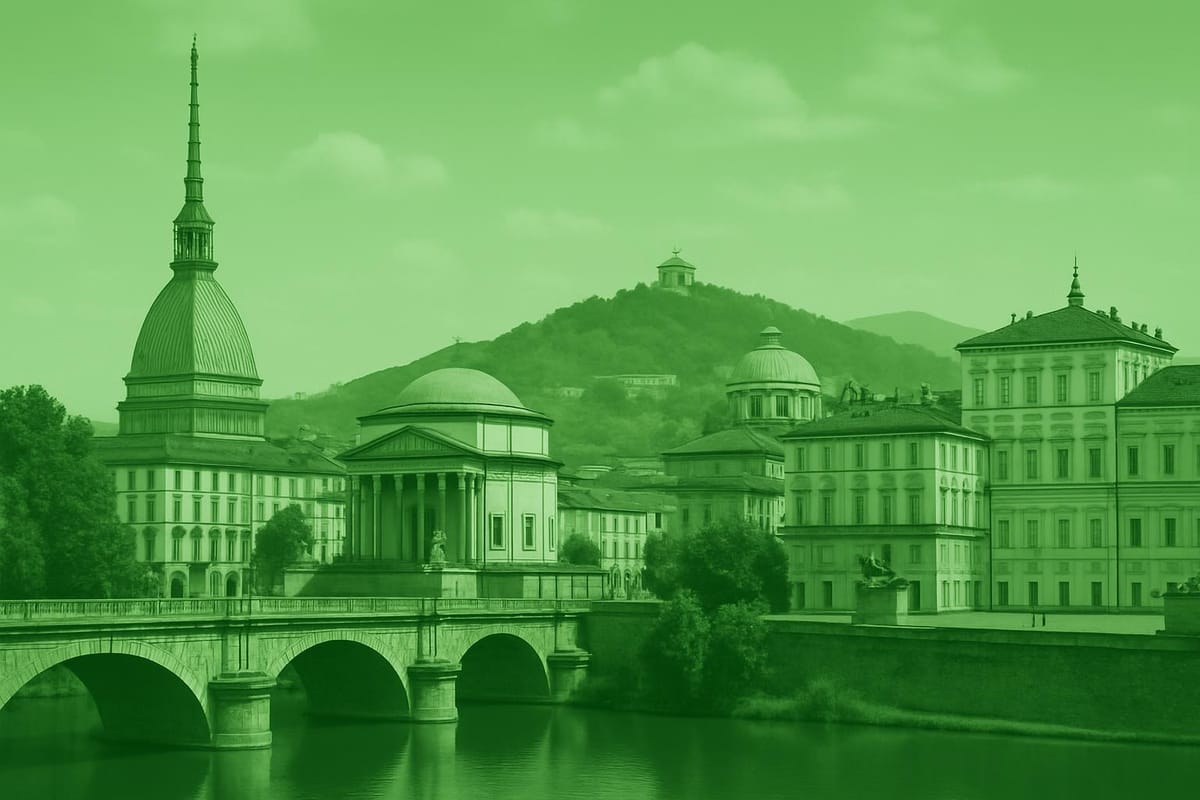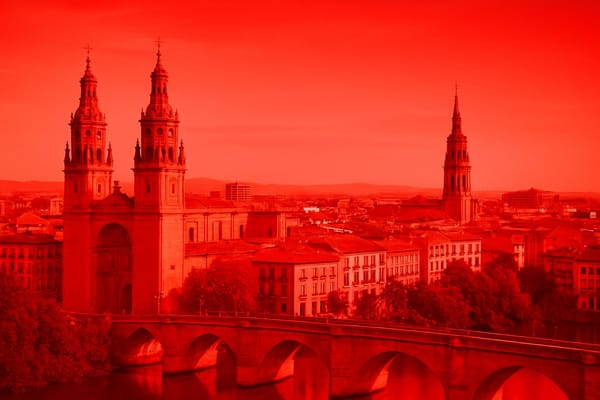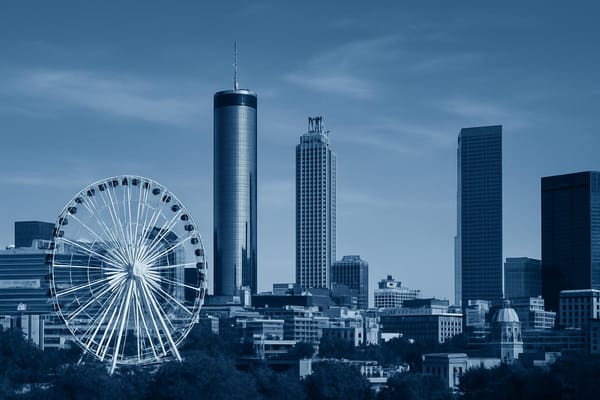Turin
Baroque architecture, Egyptian Museum, Mole Antonelliana, famed chocolate & alpine views

Important things to know about Turin
Turin, known in Italian as Torino, is a dynamic northern Italian city at the crossroads of tradition and modernity, where the fertile plains of Piedmont meet the foothills of the Alps and the gentle flow of the Po River shapes urban life; the city’s identity is rooted in a rich industrial heritage that transformed it into the cradle of the automotive industry, famously associated with Fiat, while today it balances manufacturing with cutting-edge innovation, research and design. Residents and visitors alike recognize Turin for its refined cuisine and gastronomy, from hearty Piedmontese fare and celebrated chocolate to a vibrant café culture that fuels social and intellectual life, and its academic presence, anchored by the University of Turin, energizes a lively student population and a strong tradition of scholarship. Architecture and urban planning reflect an elegant yet functional character, where wide boulevards, arcaded streets and baroque influences meet contemporary interventions that support creative industries, technology startups, and cultural production. The local economy benefits from a diversified mix of advanced manufacturing, services, audiovisual and design sectors, while green spaces, cycling networks and public transport shape a city that values sustainable mobility and quality of life. Turin’s atmosphere is one of measured sophistication and industrious creativity, offering a mood of relaxed refinement, culinary excellence and intellectual curiosity that defines its modern identity as a major northern Italian hub of culture, innovation, and everyday urban living.
Sightseeing hot-spots in Turin
Turin is a city of refined baroque squares and sweeping alpine views, and its sightseeing highlights make it a compelling stop in Turin, Italy. At the heart of the city stands the iconic Mole Antonelliana, home to the National Cinema Museum with panoramic lifts that reward visitors with a dramatic skyline. Nearby, the Egyptian Museum offers one of the most important collections of Egyptian antiquities outside Cairo, while the elegant Piazza Castello and Palazzo Madama showcase centuries of royal and civic history. Strolling through these central attractions gives a vivid sense of why Turin is celebrated among top Turin attractions.
Beyond the museums and palaces, the city’s architecture and green spaces deserve attention for anyone exploring things to do in Turin. A walk along the Po River leads to the romantic Parco del Valentino and its medieval village, while the hillside Basilica of Superga provides both spiritual calm and sweeping views across the city and mountains. Automotive enthusiasts will appreciate the transformation of the Lingotto building, once a Fiat factory and now a symbol of industrial reinvention. Cafés around Piazza San Carlo invite you to sample local chocolates and the famous gianduiotto, turning sightseeing into a sensory experience.
Practical sightseeing tips help make the most of your time in Turin: explore on foot to appreciate the narrow arcades and hidden courtyards, enjoy an aperitivo in the evenings, and time visits to popular sites to avoid peak crowds. Seasonal festivals, food markets and contemporary galleries add layers of cultural discovery to classic Turin attractions, so whether your interests are history, art, gastronomy or design, Turin offers a rich itinerary for every traveler seeking memorable sightseeing in Turin, Italy.
Hotels to enjoy in Turin
Turin is a city of refined architecture, lively cafes and grand piazzas, and choosing among the many hotels in Turin means balancing history, comfort and location. Whether you want a hotel in Turin steps from the Mole Antonelliana and Museo Nazionale del Cinema or prefer to be near Porta Nuova station for easy train connections, the city offers options from elegant boutique properties to larger luxury chains. Many Turin hotels combine restored historic interiors with modern comforts like free Wi‑Fi, wellness centers and rooftop terraces that overlook the Piazza Castello skyline. Business travelers appreciate contemporary meeting spaces close to the university and corporate districts, while leisure guests often select rooms with balcony views to enjoy evening strolls along the Po River or aperitifs in the Quadrilatero Romano.
Finding the right accommodation in Turin, Italy also means thinking about budget and amenities: family-friendly hotels often provide spacious suites and child-friendly services, while budget travelers can find clean, centrally located hostels or three-star options that include breakfast included and easy access to trams. For those prioritizing convenience, hotels near Porta Nuova or the main tram lines streamline transfers to Turin‑Caselle Airport and local attractions, and many properties offer concierge services for booking museum tickets and food tours. Whatever your travel style, selecting Turin hotels that highlight local cuisine, cultural proximity and personalized service will enhance your stay in this elegant Piedmontese capital.
Restaurants to try in Turin
Turin is a city where restaurants in Turin blend historic charm with contemporary flair, offering a culinary journey through Piedmont cuisine that delights both locals and visitors. Strolling from the elegant cafés near Piazza Castello to the lively bistros by the Po River, you’ll find a mix of trattoria comfort and inventive tasting menus that showcase truffles, hazelnuts, and rich risottos. The gastronomic scene highlights classic dishes such as agnolotti and brasato alongside seasonal interpretations by young chefs; pairing these with local wines from nearby Langhe and Roero enhances the experience. For those seeking authenticity, family-run osterie still serve hearty portions and generous hospitality, while dessert lovers can sample the famous Bicerin and gianduja in chocolate-forward locales.
For travelers researching the best restaurants in Turin, the city offers everything from cozy neighborhood eateries to Michelin-starred establishments where tasting menus emphasize regional produce and modern techniques. Dining in Turin can mean leisurely aperitivo hours in historic arcades, intimate dinners in vaulted cellars, or contemporary meals in sleek dining rooms where presentation rivals flavor. Food markets and enotecas make it easy to explore local ingredients and discover artisanal producers, and reservations are recommended for popular spots. Whether you’re planning where to eat in Torino for a special occasion or hunting down authentic street food, the diversity of the culinary landscape ensures memorable meals and a genuine taste of northern Italy.
Best shopping stops in Turin
Turin is a refined destination for shopping in Turin that blends elegant arcades, historic squares and lively neighborhood boutiques. Stroll along Via Roma and under the long portici to discover international brands side-by-side with Italian designers, or lose yourself in the narrow streets of the Quadrilatero Romano where independent ateliers and concept stores showcase cutting-edge fashion and handmade accessories. Food lovers will find a shopping paradise too: local chocolates and the famous gianduiotto pralines are sold in traditional pasticcerias, while specialty food emporia highlight Piedmontese cheeses, truffles and regional wines. The city’s shopping scene balances luxury boutiques with accessible artisan craft, making Turin a compelling choice for travelers seeking authentic Made in Italy goods and stylish souvenirs.
For a more vibrant, market-driven experience, explore Porta Palazzo and its vast open-air stalls where seasonal produce, vintage clothing and homewares create a lively atmosphere ideal for bargain hunters and gastronomes alike. Antique lovers will enjoy the weekend fairs and curated vintage shops dotted across the city, and concept stores in emerging neighborhoods often host pop-ups from local designers and ceramicists. Whether you’re searching for high-end fashion, artisanal food products or unique antiques, Turin shopping offers a thoughtfully curated mix that captures the city’s cultural heritage and contemporary creativity, making it easy to plan a memorable retail itinerary in Turin, Italy.
Nightlife highlights in Turin
Turin’s nightlife unfolds with a refined, cosmopolitan rhythm that blends historic squares and modern hangouts. As evening falls, locals and visitors gather for the iconic aperitivo culture - relaxed drinks paired with generous nibbles - especially around the Quadrilatero Romano and Piazza Vittorio. The city streets glow with elegant cafés, wine bars and craft cocktail lounges where bartenders take pride in regional vermouth and Italian spirits. For those seeking vibrant energy, the San Salvario district offers a mix of bohemian pubs, international eateries and youthful bars that stay lively into the early hours. The combination of classical architecture, cozy interiors and outdoor terraces creates a uniquely Turin atmosphere that balances tradition with contemporary taste.
Later at night, Turin transforms into a destination for live music, DJs and intimate club nights that suit every mood. Jazz venues and small theaters present soulful performances, while larger clubs host electronic nights and themed events drawing a diverse crowd. Food markets and late-night eateries near Porta Palazzo fuel the scene for nocturnal explorers who want street food and casual bites after dancing. Whether you prefer a sophisticated evening of wine tasting, a bustling bar crawl, or a late-night concert, Turin’s nightlife highlights promise memorable experiences rooted in Piemonte culture and urban charm.
Getting around in Turin
Turin offers convenient air and rail connections that make travel around Piedmont and beyond straightforward: Turin-Caselle Airport (TRN) sits about 16 km from the city center and is linked to Turin by regular shuttle buses, tram and bus services, taxis and car hire, ensuring fast access to Porta Nuova and Porta Susa, the city’s main rail hubs; from there travelers find frequent high-speed trains, regional services and commuter links operated by Trenitalia, providing efficient train travel to Milan, Rome and other Italian cities as well as local connections across the Piedmont region. The rail network centered on Porta Nuova and Porta Susa is optimized for both long-distance and regional passengers, with modern facilities and direct interchanges to urban public transport, which means arriving at Turin airport or the train stations quickly transitions into metro, tram or bus travel to reach hotels, business districts and tourist attractions. For visitors seeking reliable Turin transportation options, the combined airport shuttles and robust train services deliver practical, cost-effective routes suitable for business travelers and tourists alike.
Culture must-see's in Turin
Turin, or Torino, reveals a refined blend of Baroque architecture, royal splendor and innovative cultural spaces that make the city’s cultural highlights irresistible. Strolling beneath the arcades and along the Po River, visitors encounter the Mole Antonelliana with its striking silhouette and the Cinema Museum that crowns it, while the Egyptian Museum offers one of the richest collections outside Cairo, affirming Turin’s status as a must-see destination for history and art lovers. The legacy of the House of Savoy is palpable in the Royal Palace and ornate churches, and contemporary institutions like the Pinacoteca Agnelli and MAO modern art museum show how Turin balances tradition and modernity. Regular exhibitions, the renowned Torino Film Festival and a lively theatre scene ensure an active cultural calendar that attracts international audiences and boosts Turin tourism year-round.
Equally compelling are the culinary and social traditions that define Turin’s cultural identity: the city is famous for gianduja chocolate, the creamy bicerin coffee-chocolate specialty, and the invention of vermouth, reflecting Piedmont’s gastronomic excellence. Cafés that once hosted writers and intellectuals line historic squares, while the revitalized industrial spaces at OGR and the creative reinvention of Lingotto host concerts, design fairs and contemporary art shows, reinforcing Turin’s role as a creative hub. From seasonal markets and Slow Food influences to elegant wine bars showcasing Nebbiolo and Barolo, the gastronomic scene complements museums and architecture to create unforgettable culture highlights of Turin for travelers seeking an authentic Italian experience.
History of Turin
Turin's long and layered past begins with its Roman foundation as Julia Augusta Taurinorum, a strategic settlement on the Po and Dora rivers that later evolved into the cultural and administrative heart of Piedmont. Over centuries, the city absorbed influences from Medieval communes to Renaissance courts, growing under the decisive rule of the House of Savoy, which shaped much of Turin’s urban identity: broad boulevards, grand palaces and an emphasis on courtly architecture. The city's transformation in the 17th and 18th centuries gave rise to an elegant Baroque skyline, notable squares and arcaded streets that still draw visitors keen to explore the winding alleys and stately façades. Turin preserved remarkable artifacts of its past, from its Roman grid and medieval gates to the religious and royal treasures that anchored civic life; among these are the evocative Shroud of Turin and the opulent Royal Residences, now recognized as part of the UNESCO heritage that cements Turin’s role in the broader narrative of Italian and European history.
The modern chapter of Turin’s history is largely defined by industrialization and cultural reinvention: the founding of Fiat at the end of the 19th century turned the city into Italy’s foremost manufacturing hub and fostered waves of migration, labor movements and technological innovation that reshaped social life across the region. Despite this industrial legacy, Turin balanced progress with preservation, becoming a center for arts and scholarship - home to the celebrated Egyptian Museum, a leading institution for ancient studies, and the striking Mole Antonelliana, an architectural emblem now housing the national film museum. The city also played a pivotal role in Italy’s national story as the capital of the newly unified Italy for a brief but symbolic period, when decisions made in Turin influenced the course of the Risorgimento. Today, Turin (Torino) leverages its layered past to attract tourism, education and design initiatives while promoting sustainable urban development across Piedmont; the interplay of Roman remains, Savoyard grandeur, Baroque aesthetics and industrial heritage makes the history of Turin, Italy an ongoing, compelling testament to resilience and reinvention.



